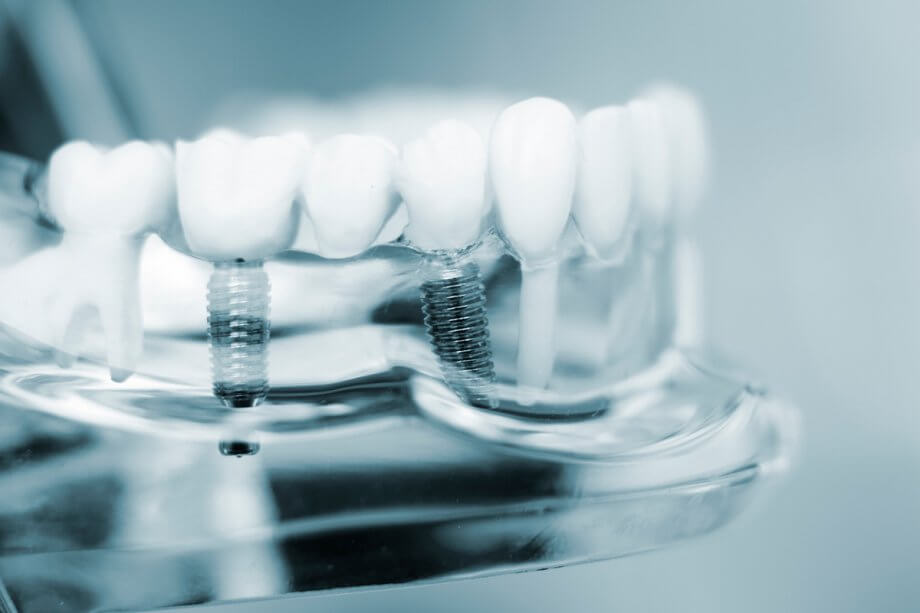Are you considering getting dental implants? If so, you're likely wondering about their longevity. Dental implants are an excellent option for replacing missing or damaged teeth, as they are designed to last many years. In this blog post, we'll discuss how long dental implants typically last, the factors that affect their lifespan, and how to ensure your implants last as long as possible.
The Lifespan of Dental Implants
On average, dental implants can last 10 to 30 years with proper care and maintenance. However, many factors can affect an implant's longevity, including the type of implant used, the skill of the dental professional, and the patient's commitment to proper oral hygiene. With regular check-ups and good oral hygiene habits, most people can expect their dental implants to last for many years.
The Different Factors That Affect Longevity
Dental implants are designed to last for many years, but the exact lifespan of an implant depends on a variety of factors. These factors include how well the implants were placed, what materials were used, and how well the patient takes care of their teeth. The implant itself can also directly impact longevity; titanium implants are known to last longer than those made from other materials. Other important factors include smoking, which can negatively affect healing times and cause bone loss and gum disease or inflammation in the area surrounding the implant. Patients with diabetes also have a poorer long term prognosis of implant success.
Proper Care for Your Dental Implants
It's essential to practice good oral hygiene when you have dental implants. Brush twice a day, floss at least once daily, and use mouthwash to help keep your gums healthy. In addition, make sure you avoid any foods or activities that can damage your dental implants. Regular visits to your dentist for check-ups are essential for the long-term health of your implant. During your appointment, your dentist will check your implant for signs of infection and ensure it is still firmly in place.
Signs That Your Implant May Need to Be Replaced
If you have a dental implant, it is crucial to be aware of the signs that may indicate the need for a replacement. These can include pain or discomfort when biting or chewing, changes in the color or texture of the surrounding gums, and visible damage to the implant itself. If you experience any of these symptoms, consult your dentist as soon as possible. In some cases, a dental implant may need to be replaced if it has become loose or is no longer providing adequate support.
Dental Implants in Connecticut
If you're in Connecticut and looking for a dental implant specialist, look no further than Holzinger Periodontics & Implant Dentistry. With two offices in Middletown and New Britain, our experienced staff provides top-quality dental care to patients throughout the greater Hartford area and is committed to ensuring that you achieve the best results from your dental implants. We offer a wide variety of procedures and services, including dental implant placement, extractions, and more. Contact us today to make an appointment or request an appointment online.

